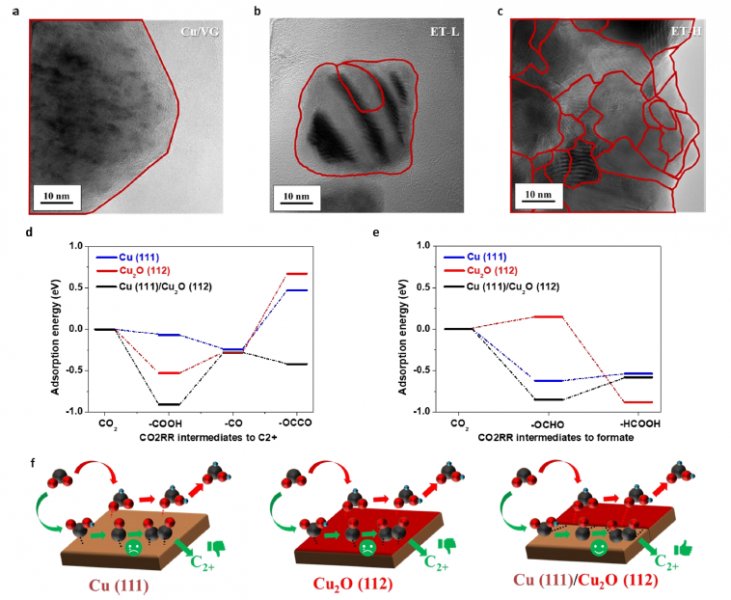Project summary
Converting greenhouse gas CO2 into fuels and value-added chemicals is a promising way for decarbonization and clean energy transition. Electrochemical CO2 reduction, in particular, has attracted large interest as it could use renewable power sources to drive the conversion reactions, representing a sustainable way of electrifying fuel production. This project will focus on developing highly efficient catalyst for the electrochemical CO2 reduction to produce value-added products at both laboratory and practical scales. The catalyst development will be based on our previous breakthroughs (Adv. Funct. Mater. 30, 1910118 (2020); ACS Catal. 12, 4792 (2022)) to convert CO2 into liquid and/or C2+ products such as formate, ethanol, and n-propanol. In-situ characterizations such as in-situ synchrotron XAS and in-situ synchrotron Powder Diffraction will be employed to understand the catalyst dynamic evolutions and the underlying reaction mechanisms. New catalysts will also be evaluated in the flow-cell setup to simulate the practical working conditions.
The project will include the following activities:
- Synthesize copper- or bimetal-based catalysts with controlled structures and electronic states.
- Improve catalytic activity and/or selectivity of CO2 reduction to value-add products and understand structural evolution and reaction mechanisms using in-situ characterizations.
- Optimise catalyst performance in flow-cell operation for large-scale production.
Copper catalysts with grain boundaries and the promoted reaction pathway to C2+/formate products [ACS Catal. 12, 4792 (2022)].
Academic Supervisor:
